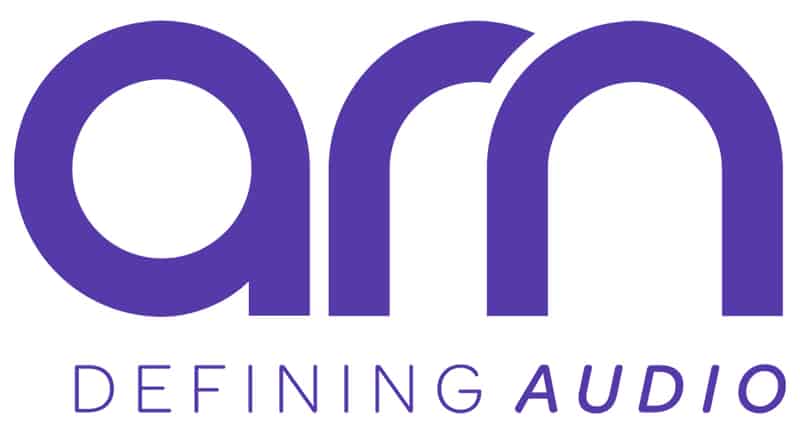What are you worth?

The recent decision by the Fair Work Commission to reduce Sunday penalty rates in the retail and fast food industry has dominated newsfeeds the last week or so.
While it doesn’t extend to journalists or others at the radio coalface, it’s probably a good time to get an overview of entitlements for those working in newsrooms across the country.
Let’s face it; unless you’re at the pointy end of the industry, the pay isn’t ideal for many journos. You clock up the hours, put in the hard yards and the ‘reward’ is the promise of something ‘better’ at the next stop on the radio journey.
There have been many horror stories of young journos being paid ‘award’ rates, yet missing out on some of the penalties and entitlements that are attached. Whether deliberate or a simple mistake, some stations aren’t doing the right thing by their staff.
It can be a little confusing. There are loadings for different shift parts, in particular for those working ‘unsociable’ hours like breakfast or overnights.
Some networks choose to ‘bundle up’ a number of terms and conditions, paying an additional sum of money to cover all shift scenarios, overtime and penalties. The general understanding being that there’s enough gravy to cover all eventualities.
Other networks don’t, and this is where journalists need to know what they should be paid.
Katelin McInerney is director of media for the Media Entertainment Arts Alliance and says a lack of knowledge is a big problem on both sides of the fence.

“The biggest problem we have with young journalists is getting them to understand that anybody who works in our industry, is covered by an award. There is a broad lack of understanding of the basic conditions and rights.
”I think it’s a fair statement to say that knowledge of award conditions varies depending on the employer. But they do have an obligation to pay their employees in line with the terms of the Broadcast, Recorded and Entertainment Award (BREA).”
The way Katelin sees it; there can be a vast difference between employers that have an HR department and those that don’t.
“Unfortunately we do see quite a wide spectrum of understanding from employers. I think there is a degree of genuine ignorance, but we are aware of cases where they have deliberately not informed employees of their rights.
“I have to say that awards are not always the easiest things to read, but it’s certainly a very important conversation to have at the beginning of your employment. What am I employed on? What are the terms and conditions? Am I being paid at the minimum award rate?
“And remember, under the award, it’s illegal for you to be worse off under any arrangements that you agree to with your employer than you would be under the provisions of the award.”
But it’s not just entitlements that MEAA sees as a problem area. Unpaid internships can be open to abuse, along with overtime and hours of work.
“The broader problem within our industry, as well as non-compliance with award minimums, is a blatant disregard of entitlements surrounding OT and hours of work. They are two very clearly defined areas with awards: how many hours a week you can work and the spread of hours.
“There is an issue with policing and recording of hours in our industry because by its very nature; it is a 24-hour business. And that’s where we do see people working huge amounts of overtime with no payment and no time off in lieu.”
It sounds fairly grim. But it’s not to say that all employers are trying to rip off their workers. The majority recognise that it’s not worth the risk of poor staff morale, fines or bad headlines if they’re exposed as unfair scrooges.
But there will be those battling contracting margins and shareholder expectations, that might be tempted to do the wrong thing.
“Award compliance is something that the union deals with on a regular basis. Whilst we haven’t seen a dramatic spike, I think it would be safe to say that there are employers out there looking to cut corners to save some money.”
During periods where revenue streams may be drying up or stations operating with unsustainable business models, journalists need to be aware of their rights in the workplace.
There are minimum conditions that are supposed to be met. If concerned, have that conversation with the boss. If you’re not unionised, approach the Fair Work Ombudsman or talk to the MEAA.



